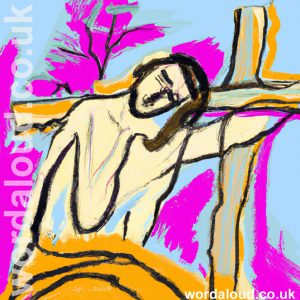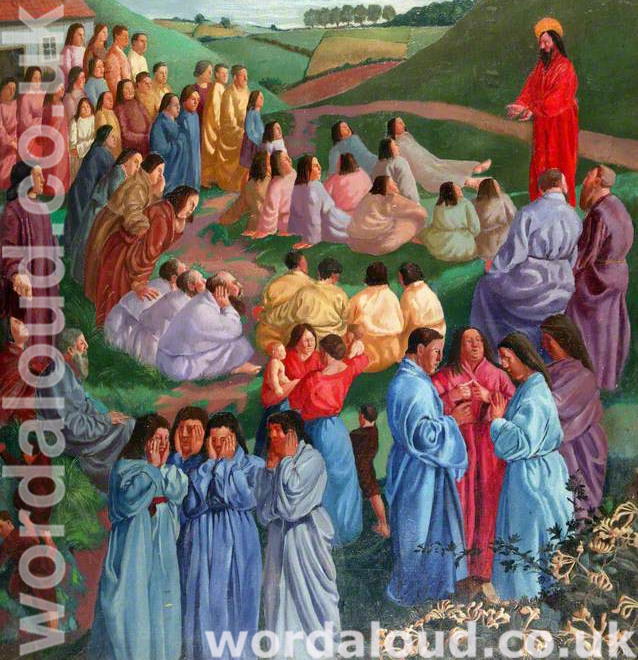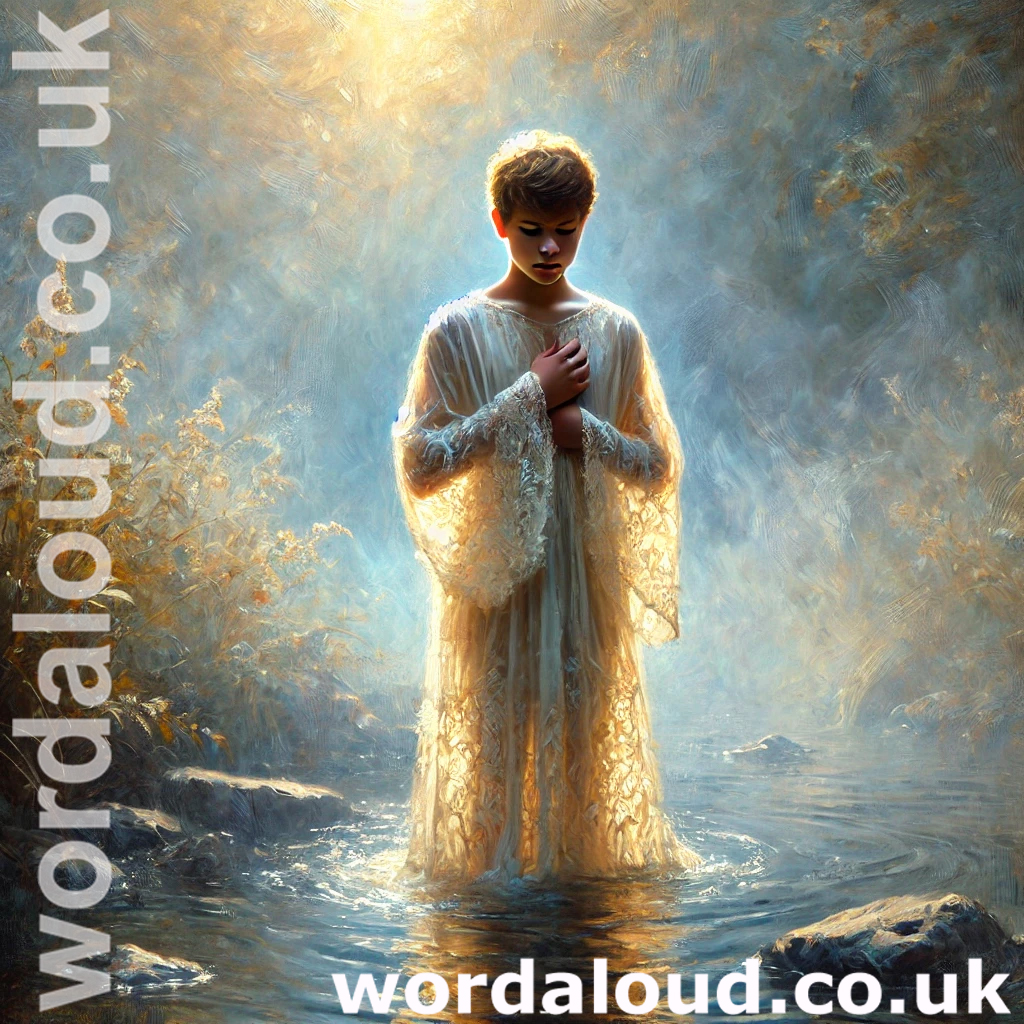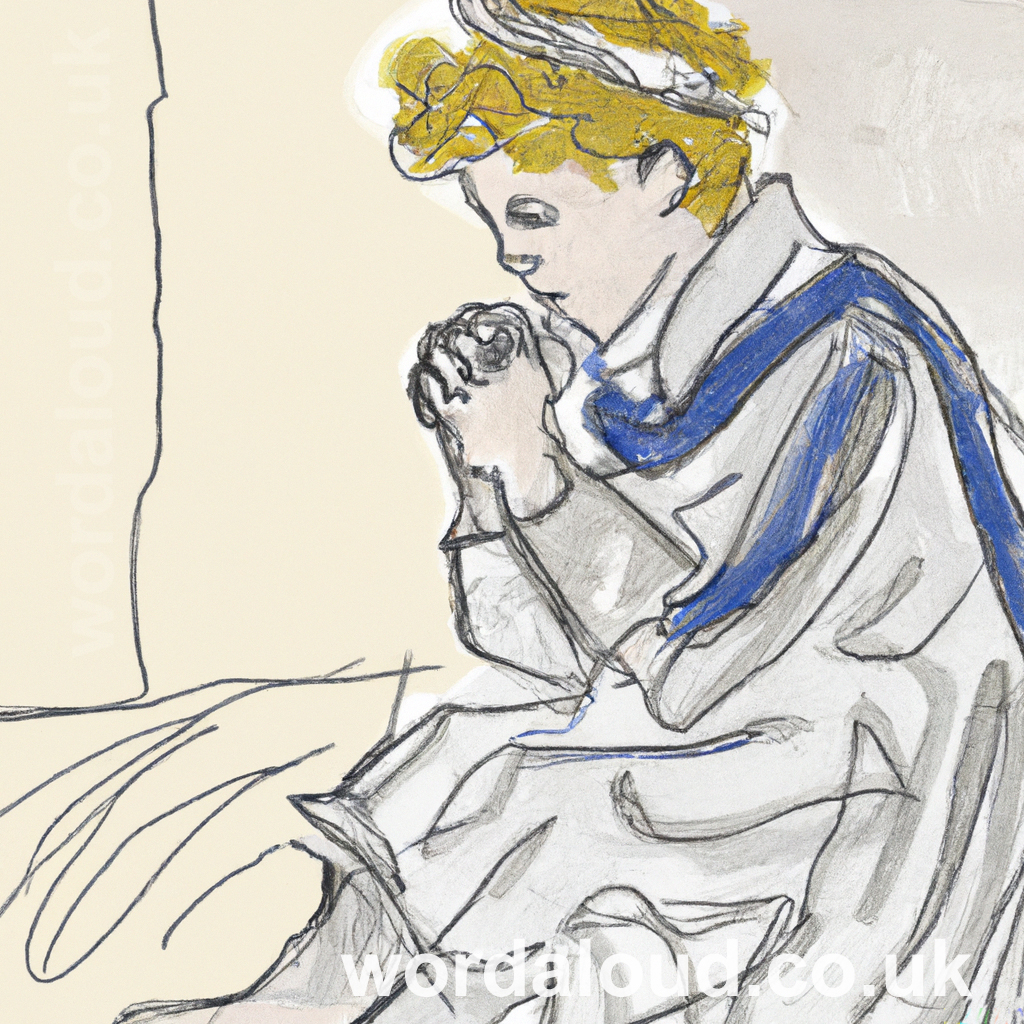Christian Art | Jesus Preaches The Sermon On The Mount
Office Of Readings | Week 22, Saturday, Ordinary Time | A Reading From The Sermon Of Pope Saint Leo The Great On The Beatitudes | Happiness Of Christ’s Kingdom
‘The happiness of Christ’s kingdom.’
Pope Saint Leo the Great continues his exposition of the Beatitudes, moving from the blessing on the poor in spirit to those pronounced on those who mourn and on the meek (Matthew 5:4–5). His reflections trace both the inner character of these dispositions and their eschatological fulfilment.
The mourning that Christ declares blessed is distinguished from ordinary human grief. Leo contrasts the ‘lamentation that the whole human race indulges in’ with the tears of repentance shed by the saints. Such mourning arises not from misfortune or loss but from the recognition of sin – both one’s own and that of others. This connects to the biblical tradition of penitential lament, found in the psalms and the prophets, where sorrow over sin leads to conversion and renewed relationship with God (cf. Psalm 51, Joel 2:12–13). The emphasis is not on lamenting the effects of divine justice but on grieving over human wrongdoing, which separates people from God. In this way, mourning is directed not at what has been suffered but at the deeper cause of estrangement from God.
Leo then turns to Christ’s blessing on the meek. He interprets meekness as humility, gentleness, and a willingness to endure injury without retaliation. In patristic exegesis, meekness is often associated with Christ’s own self-description: ‘I am gentle and humble of heart.’ (Matthew 11:29) The promise that the meek will ‘inherit the earth’ is read in more than a literal sense. Leo sees it as a pledge of the kingdom of heaven, but he also interprets ‘earth’ symbolically as the renewed, glorified body of the saints. Here he draws on Pauline teaching: ‘this perishable nature must put on the imperishable, and this mortal nature must put on immortality.’ (1 Corinthians 15:53)
In Leo’s vision, meekness leads to an inheritance marked by permanence, peace, and unity. The body, transformed by resurrection, will be a secure possession, wholly integrated with the soul and Spirit. Thus the promise to the meek is not only a future reward but also a transformation of the human condition: what is weak and perishable becomes strong and immortal, what is burdensome becomes honourable.
Leo’s sermon demonstrates how the Beatitudes were understood not merely as moral exhortations but as revelations of the shape of Christian existence, culminating in the hope of resurrection and the kingdom.

A Reading From The Sermon Of Pope Saint Leo The Great On The Beatitudes | Happiness Of Christ’s Kingdom
After pronouncing his blessing on poverty, the Lord added Blessed are those who mourn, for they shall be comforted.
Dearly beloved, this mourning that is promised eternal comfort has nothing in common with the afflictions of this world. No-one is made blessed by the kind of lamentation that the whole human race indulges in. The sighs and blessed tears of the saints have another cause. Holy sorrow comes from contemplating one’s own sins and the sins of others. It does not weep at the actions of divine justice but at the sins committed by human wickedness. It is the one who does evil who is to be pitied here, not the one who suffers it: for what the evil man has done thrusts him down to punishment, while what the just man has put up with leads him up into glory.
Then the Lord added Blessed are the meek, for they shall have the earth for their inheritance. To the meek and gentle, to the lowly and unassuming, to all who are prepared to endure injury – to these the earth is promised. This is not a small or unimportant inheritance, as if ‘the earth’ were somehow distinct from a dwelling-place in heaven: in fact, you must understand it as meaning that only the meek will enter the kingdom of heaven. This earth that is promised to the meek, that is to be given to the gentle to possess, is the body of the saints, whose humility will raise them up and clothe them in the glory of immortality, united at last with the Spirit of unity. Then the outer self will belong to the inner self at last, a peaceful and secure possession.
The meek will possess this inheritance in everlasting peace and their right to it will never grow less. Our present perishable nature must put on imperishability and this mortal nature must put on immortality, so that a danger to the soul becomes a reward and what was onerous becomes an honour.
Christian Prayer With Jesus
Lord Jesus Christ,
you have promised comfort to those who mourn
and inheritance to those who are meek.
Grant us sorrow for sin
and gentleness of spirit in our dealings with others,
so that, sharing in your humility,
we may also share in the glory of your resurrection.
You live and reign with the Father
in the unity of the Holy Spirit,
God, for ever and ever.
Amen.
Glossary Of Christian Terms
Beatitudes – The blessings pronounced by Jesus in the Sermon on the Mount (Matthew 5:1–12), expressing the values of the kingdom of heaven.
Mourning – In this context, sorrow for sin, both personal and communal, leading to repentance and openness to God’s mercy.
Meekness – Humility, gentleness, and patient endurance, modelled by Christ himself.
Inheritance of the earth – In biblical and patristic interpretation, both a promise of the kingdom of heaven and the transformation of the body in resurrection.
Immortality / imperishability – Terms drawn from Paul’s teaching (1 Corinthians 15) describing the transformation of the human body at the resurrection.
Spirit of unity – A phrase indicating the Holy Spirit’s work in binding the glorified body and soul together in eternal peace and wholeness.








